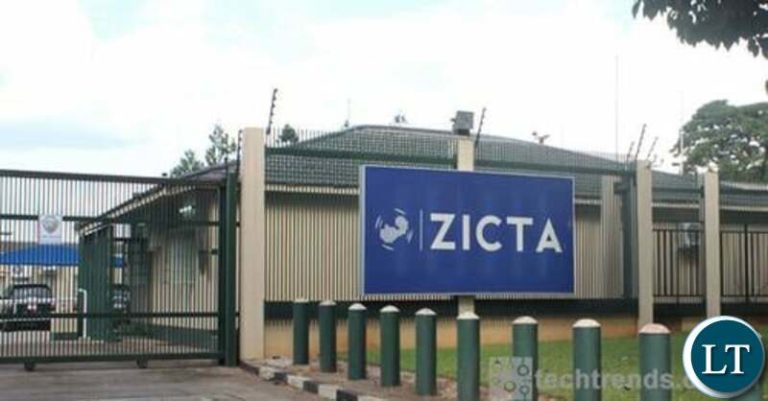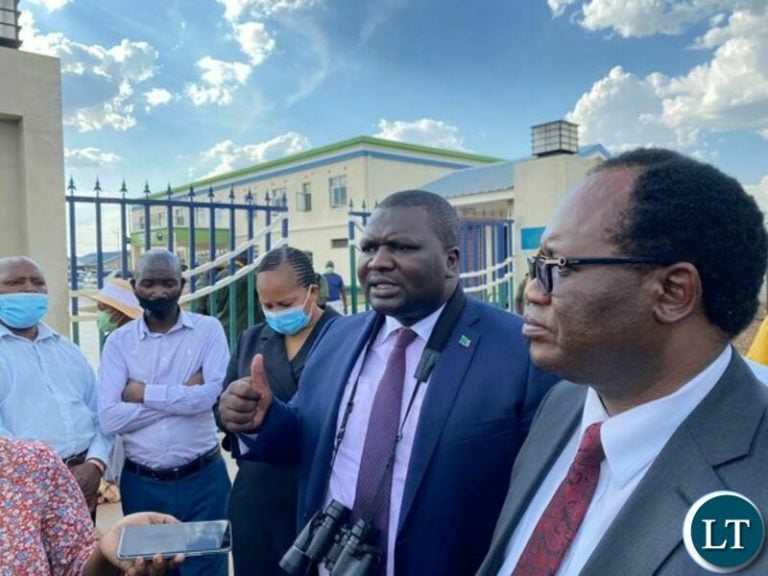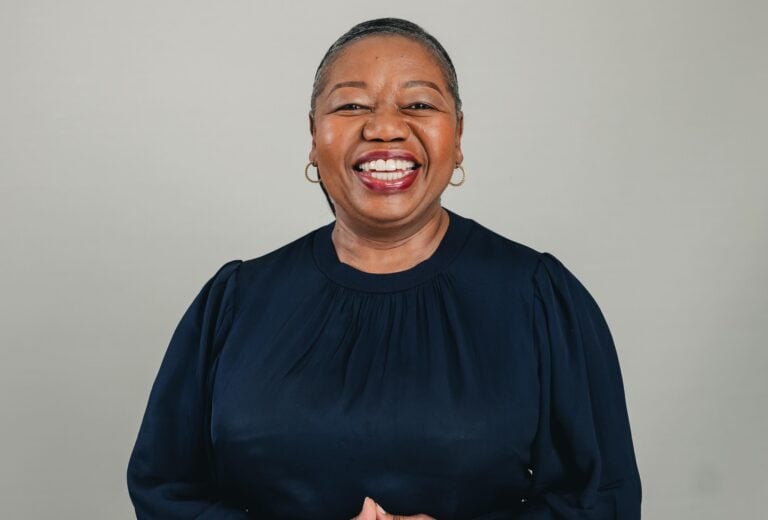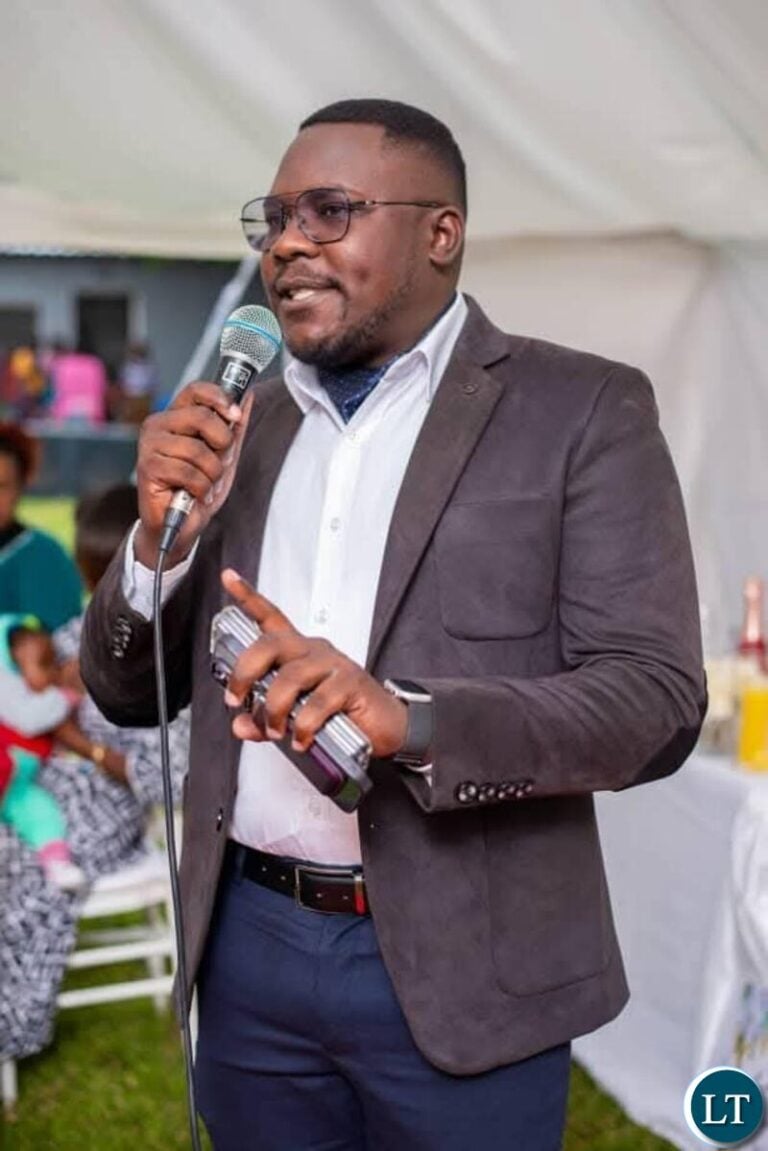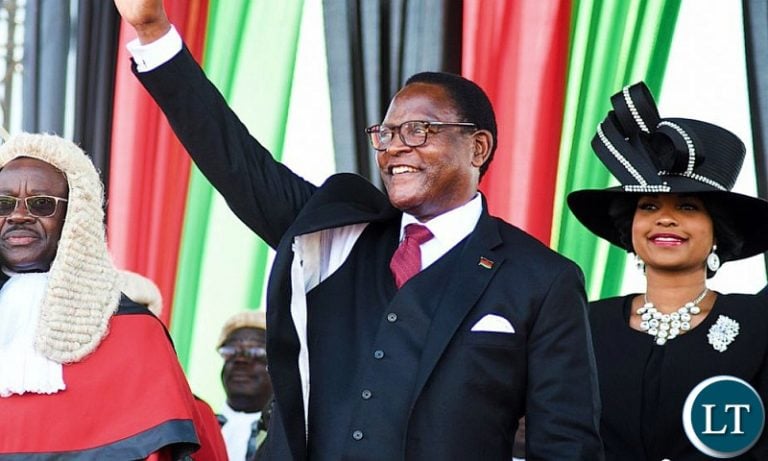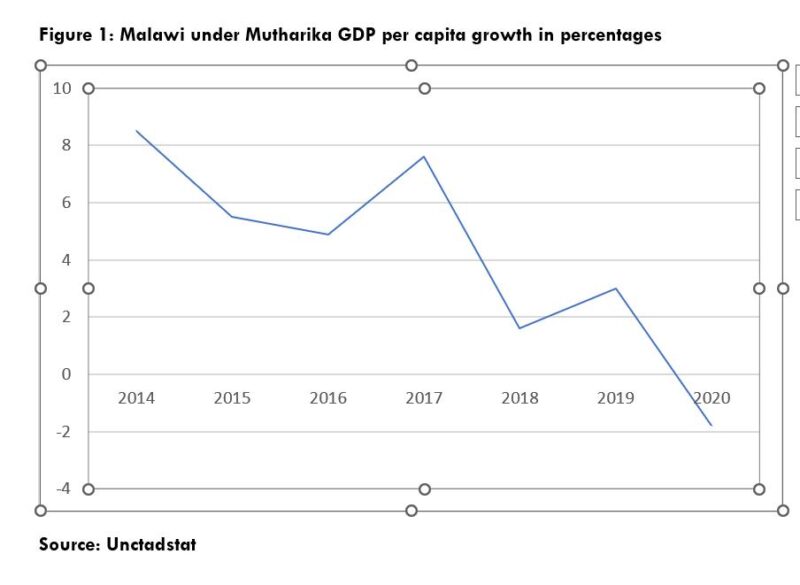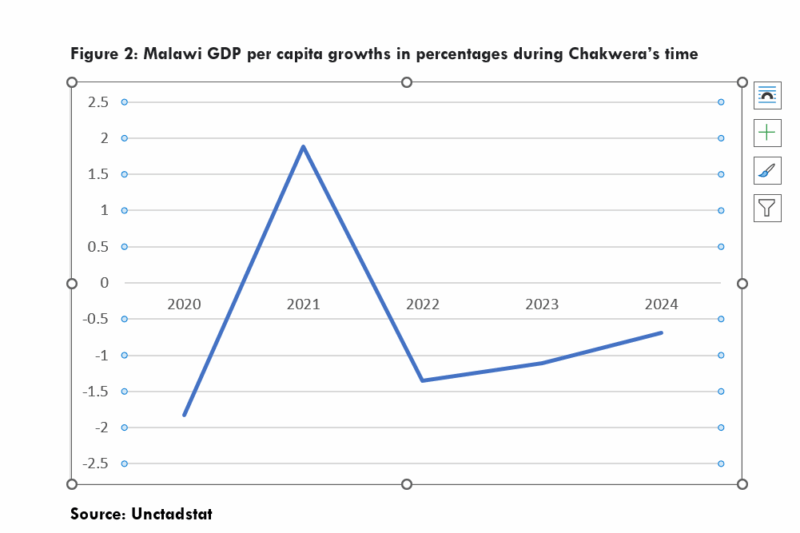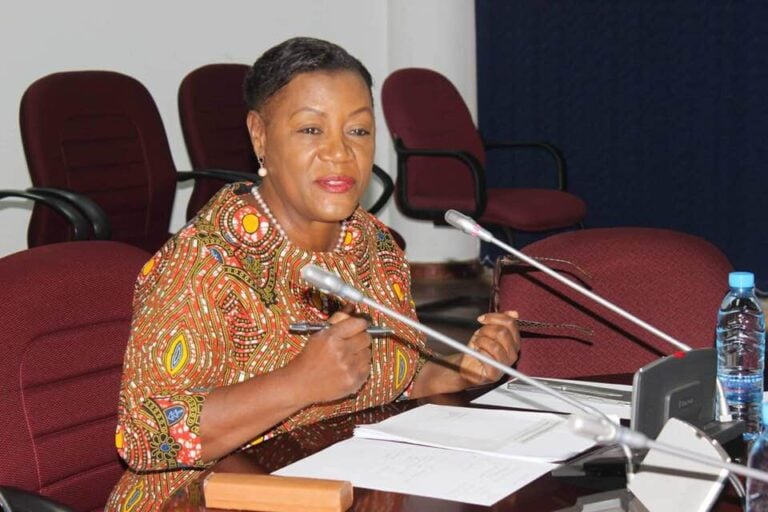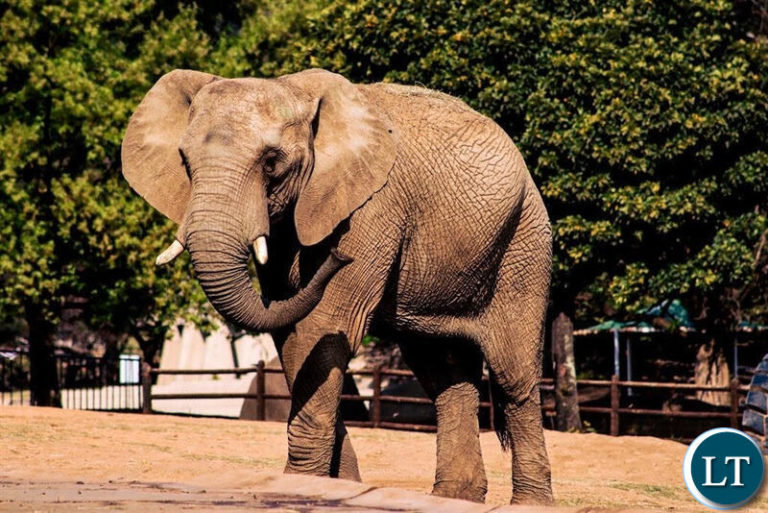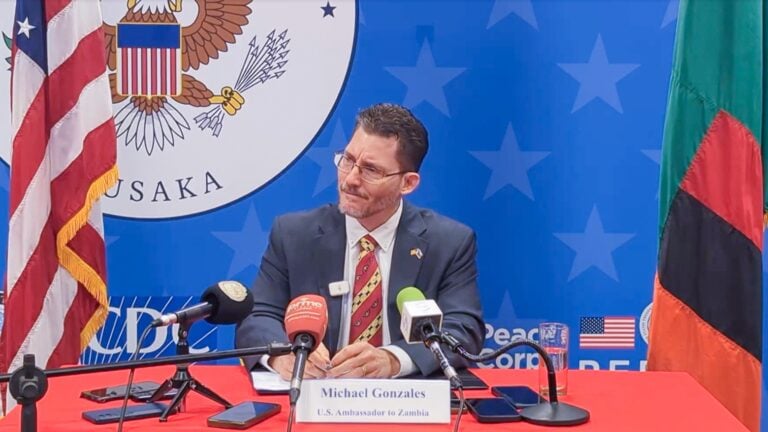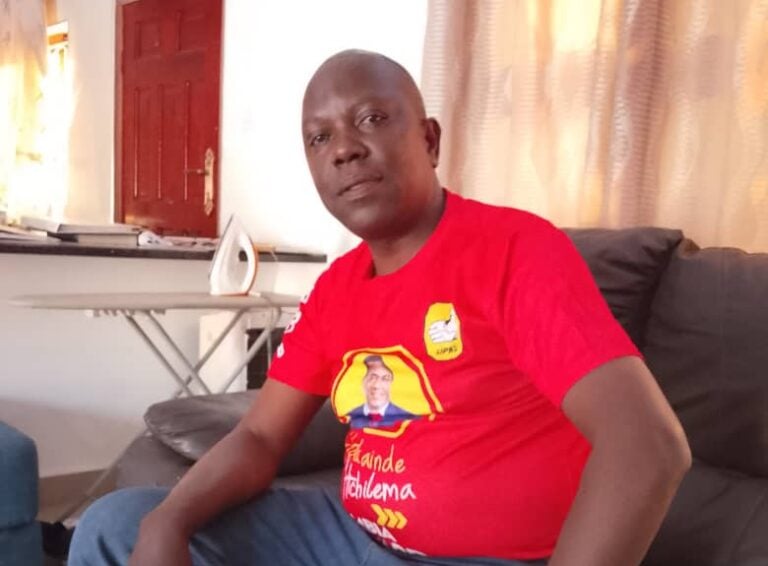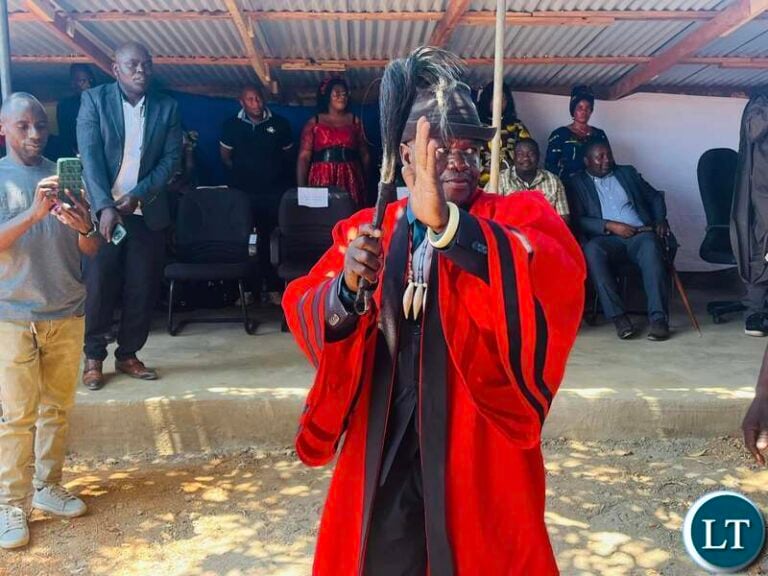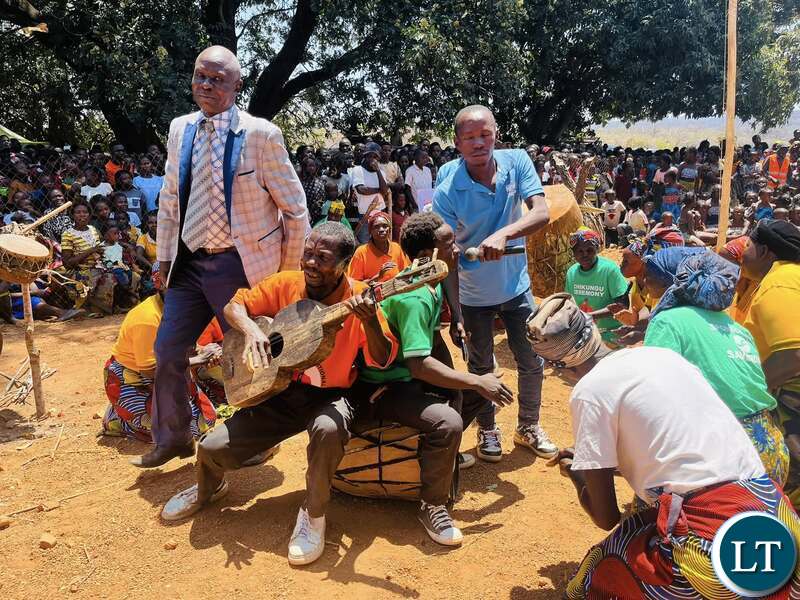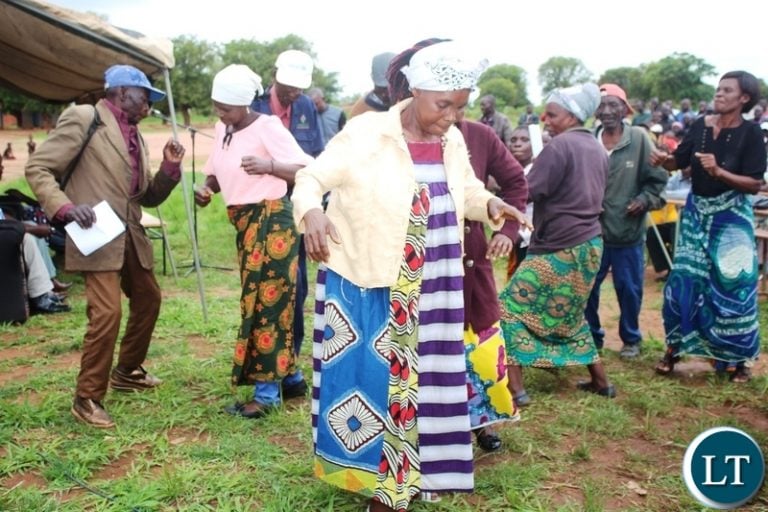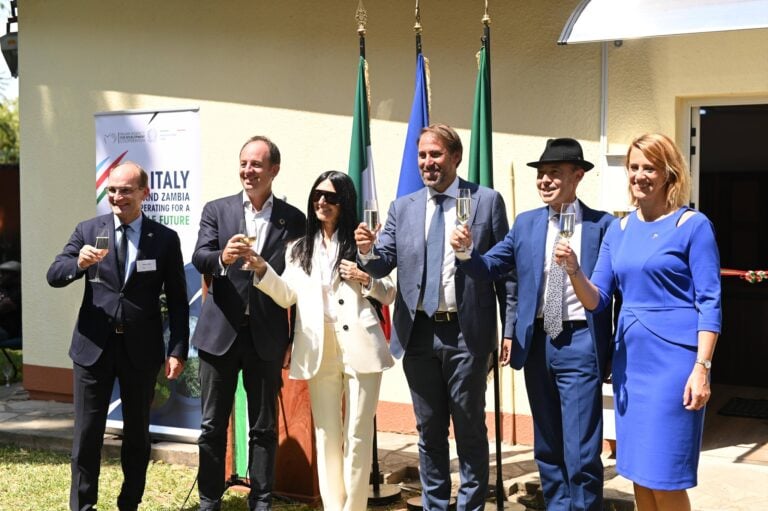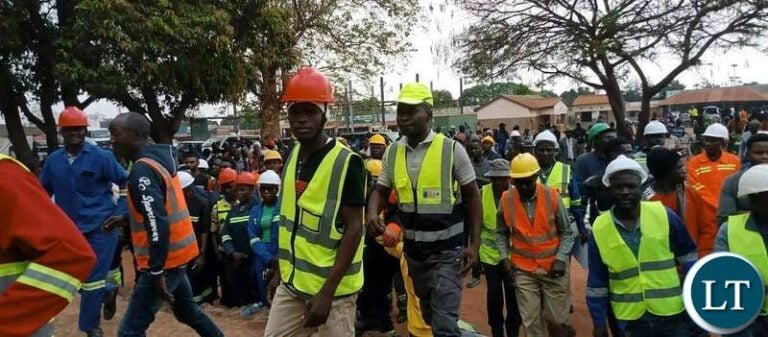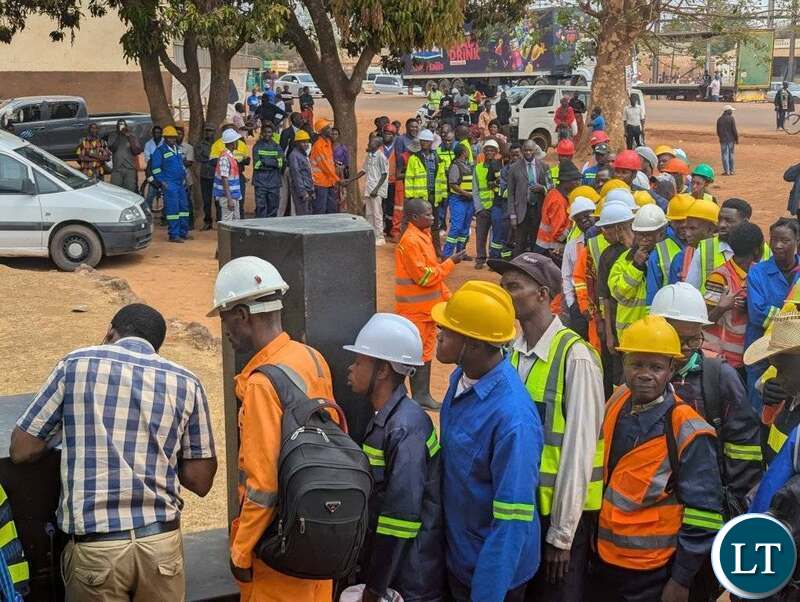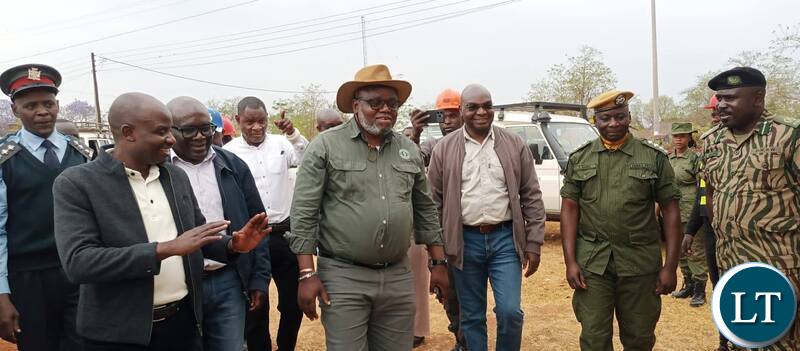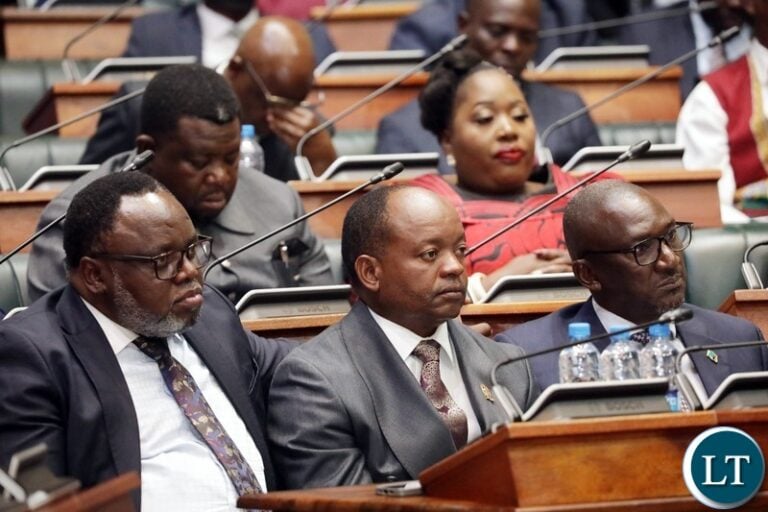Telecoms Companies Cautioned Over Poor Service Delivery
The Zambia Information and Communications Technology Authority has warned mobile network operators to improve the quality of their services or face regulatory action. The regulator said it had been receiving growing complaints from subscribers across the country over poor network connectivity, dropped calls, slow internet speeds and expensive charges that do not match the service offered.
Officials explained that telecommunications is no longer a luxury but a necessity for homes, businesses and government institutions. They said the quality of service being delivered by providers is falling below acceptable standards and must be corrected urgently. According to the regulator, operators must recognise that the sector plays a vital role in economic growth, financial inclusion and national security, and the current trend of unreliable service is a matter of public concern.
Subscribers have increasingly voiced frustration, pointing to repeated disruptions and high charges for data bundles that do not last as advertised. Many say internet speeds fluctuate unpredictably, sometimes disappearing altogether during load shedding or when networks become congested. Complaints about poor customer care response times have also been frequent. Social media platforms have become outlets for consumers to air their dissatisfaction, with many tagging both providers and regulators to demand answers.
ZICTA indicated that it will step up monitoring and ensure that operators comply with minimum service benchmarks. It warned that companies which consistently fail to meet call completion rates, internet speed requirements and service availability thresholds will face penalties. The regulator said in previous years, fines had been imposed for similar lapses, and this approach would be applied again if necessary.
The industry is among the most competitive in Zambia, with several large players dominating the market. Although operators have invested heavily in infrastructure, network reliability has not improved at the pace of demand. Analysts say the rapid growth in smartphone usage, mobile money, online learning and digital commerce has placed enormous pressure on networks, causing congestion and exposing weaknesses in coverage. Customers, however, argue that providers should invest more in capacity rather than continuing to advertise fast and affordable services that do not always deliver.
Consumer groups have argued that poor service goes beyond inconvenience. They say unreliable communication disrupts business transactions, financial services and even education, particularly in rural areas where alternatives are limited. Civil society organisations have urged the regulator to strengthen its oversight role, stressing that reliable telecommunications are central to building a modern economy.
The regulator acknowledged that operators face genuine challenges. Persistent load shedding has forced many to depend on fuel-powered generators, raising operational costs. The industry also struggles with theft and vandalism of equipment, which leads to outages. Providers have asked government to consider supportive measures such as tax incentives and improvements in energy supply to reduce costs. ZICTA, however, has said these challenges cannot excuse poor service delivery and insisted that operators must find sustainable solutions while continuing to meet their obligations to consumers.
There is also pressure on companies to expand coverage in rural communities. Many households outside urban centres remain underserved, with weak signals and limited internet access. The regulator has said access to communication is a right and that rural residents must not be excluded from connectivity that drives development.
The warning comes at a time when Zambia is pursuing a digital transformation agenda that relies heavily on reliable communications. The government has promoted e-commerce, online education and digital financial services as tools for national growth, but poor telecommunications threaten to slow progress. Observers say the coming months will be a test of how seriously operators take consumer concerns, and of ZICTA’s ability to enforce standards that protect the public interest.


